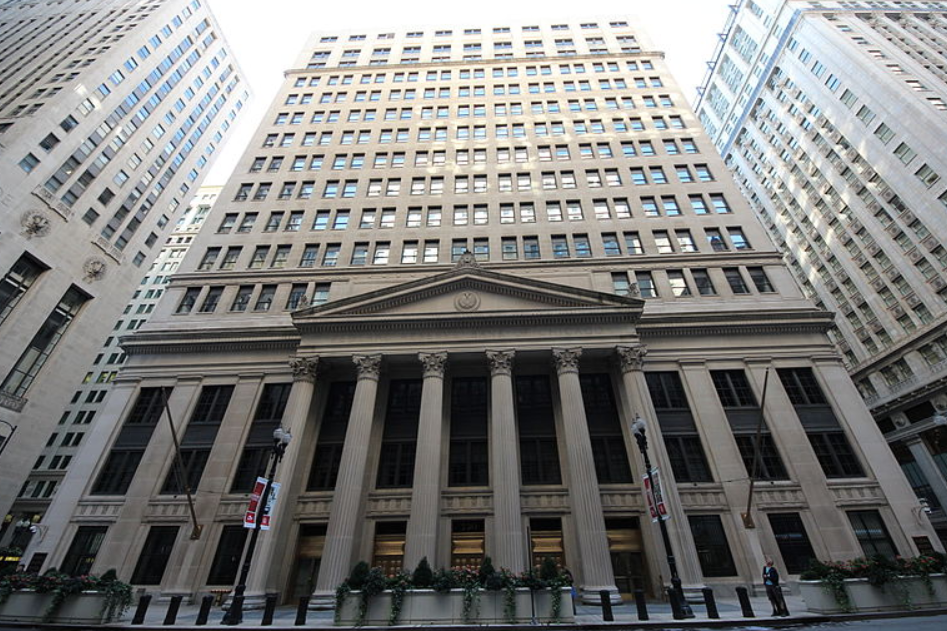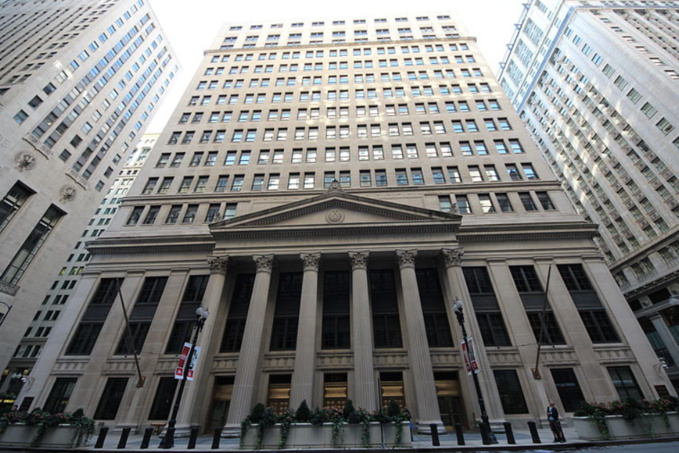The US Federal Open Market Committee has promised to use "the entire set of measures to support the US economy." In particular, the regulator will buy treasury bonds and mortgage-backed securities (MBS) in the volumes necessary to ensure the smooth functioning of markets and the impact of the current monetary policy on the economy. Earlier, the Fed announced plans to redeem government bonds for $ 500 billion and mortgage bonds for $ 200 billion, now it will expand the purchase of bonds, extending it to agent commercial MBS. This is supposed to facilitate access to cash liquidity when investors sell assets in order to receive cash dollars. Operations will be carried out by the Reserve Bank of New York, and it has already said that this week they would buy up government bonds for $ 75 billion and mortgage bonds for $ 50 billion per day.
The Fed will also open credit programs totaling $ 300 billion. In particular, companies with an investment rating will be able to count on loans with a deferred payment for six months. Also, the regulator will redeem bonds of companies with a rating of BBB and higher. Soon a small and medium business lending program will be launched.
Following a video conference with finance ministers and G20 central bankers, Head of the International Monetary Fund Kristalina Georgieva said that the global recession this year will be “at least the same as during the financial crisis.” She also pointed out additional risks for emerging markets, from which $ 83 billion has already fled since the start of current events.
On Monday, the International Finance Institute (IIF) updated the forecast for changes in global GDP, reducing it from plus 0.4% to minus 1.5% (for comparison: the decline was 2.1% in 2009). In the United States, the decline this year could reach 2.8%, in the euro zone the recession will be as deep as in 2009 (minus 4.7%). Experts consider the most vulnerable Argentina and South Africa, whose economic situation deteriorated even before the advent of the coronavirus. In contrast, Moody’s believes that the crisis will be tangible yet short-term, and the growth will resume in the second half of the year.
source: iif.com, cnn.com
The Fed will also open credit programs totaling $ 300 billion. In particular, companies with an investment rating will be able to count on loans with a deferred payment for six months. Also, the regulator will redeem bonds of companies with a rating of BBB and higher. Soon a small and medium business lending program will be launched.
Following a video conference with finance ministers and G20 central bankers, Head of the International Monetary Fund Kristalina Georgieva said that the global recession this year will be “at least the same as during the financial crisis.” She also pointed out additional risks for emerging markets, from which $ 83 billion has already fled since the start of current events.
On Monday, the International Finance Institute (IIF) updated the forecast for changes in global GDP, reducing it from plus 0.4% to minus 1.5% (for comparison: the decline was 2.1% in 2009). In the United States, the decline this year could reach 2.8%, in the euro zone the recession will be as deep as in 2009 (minus 4.7%). Experts consider the most vulnerable Argentina and South Africa, whose economic situation deteriorated even before the advent of the coronavirus. In contrast, Moody’s believes that the crisis will be tangible yet short-term, and the growth will resume in the second half of the year.
source: iif.com, cnn.com



















